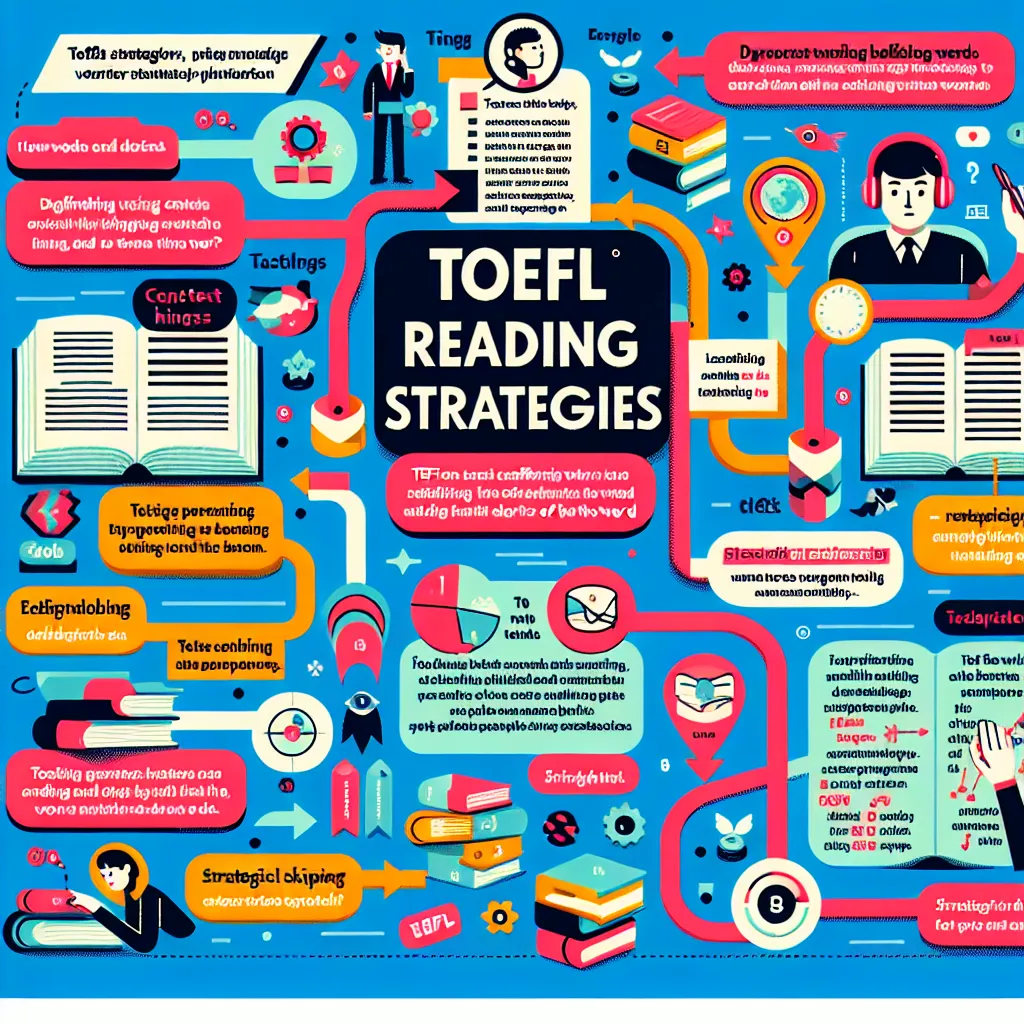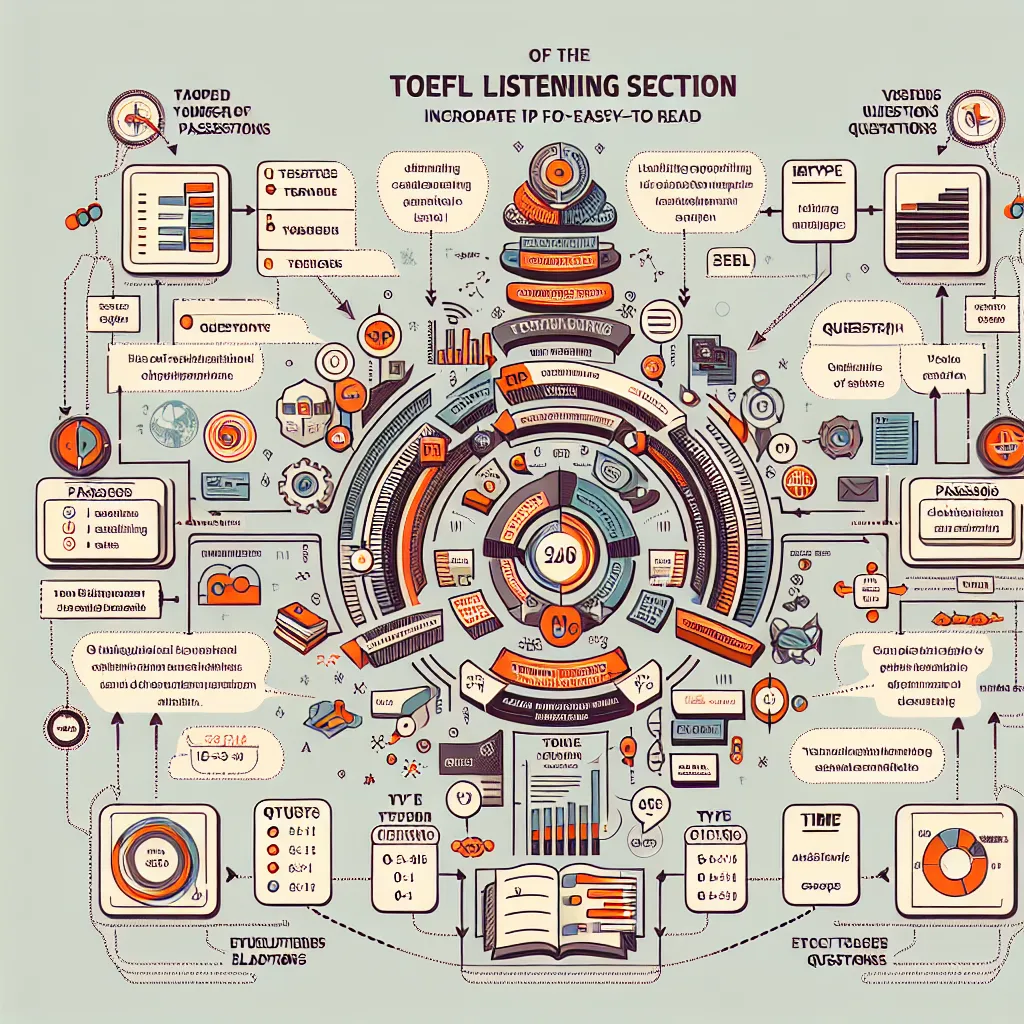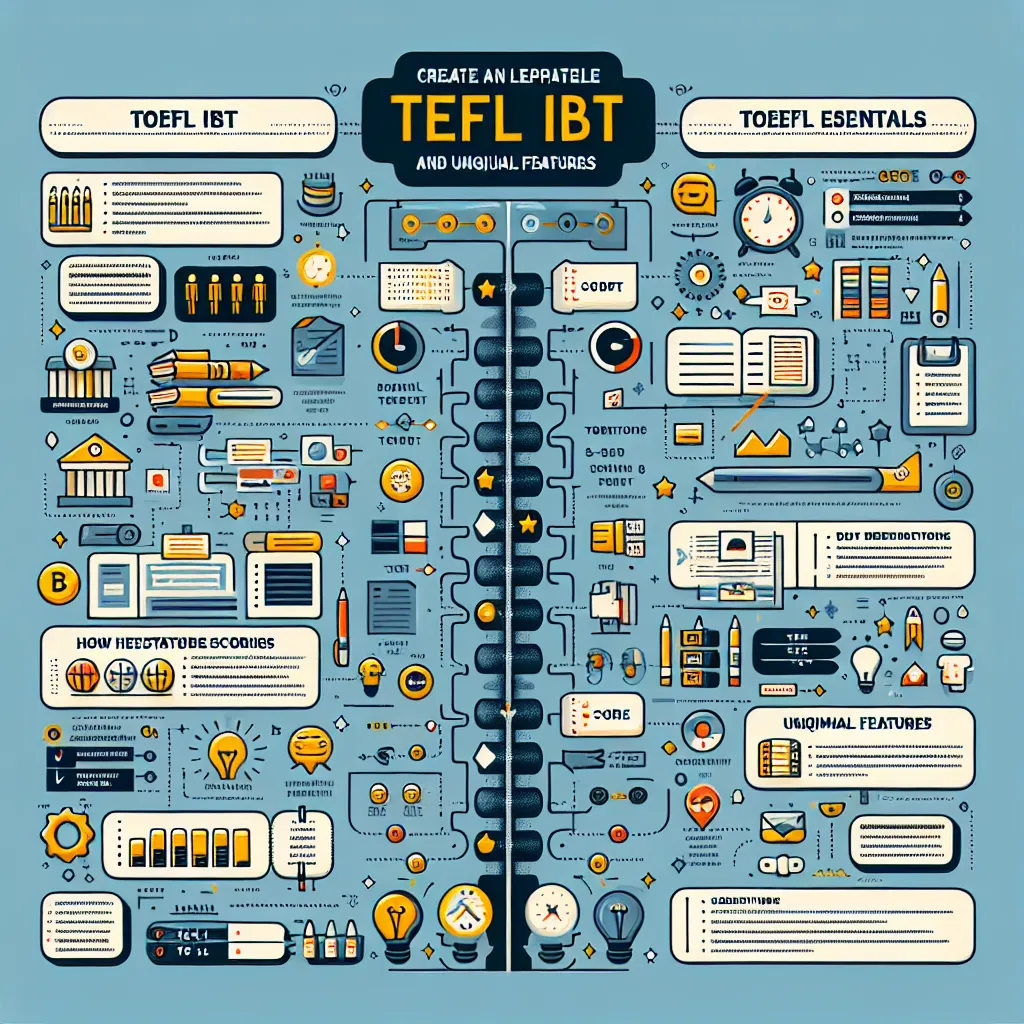Are you preparing for the TOEFL exam and finding yourself overwhelmed by the challenging vocabulary in the Reading section? Don’t worry! This comprehensive guide will equip you with effective strategies to tackle difficult words and boost your performance in TOEFL Reading. Whether you’re a beginner or looking to enhance your skills, these tips will help you navigate through complex texts with confidence.
Understanding the Importance of Vocabulary in TOEFL Reading
The TOEFL Reading section is designed to assess your ability to comprehend academic texts, which often contain specialized and advanced vocabulary. Dealing with unfamiliar words is a crucial skill that can significantly impact your score. Let’s explore why mastering this skill is essential and how you can approach it effectively.
 TOEFL Reading Section
TOEFL Reading Section
The Challenge of Difficult Vocabulary
TOEFL Reading passages are typically extracted from university-level textbooks and academic journals. These texts often include:
- Technical terms specific to certain fields
- Academic jargon
- Idiomatic expressions
- Words with multiple meanings
Encountering these words can be daunting, but with the right strategies, you can overcome this challenge and improve your comprehension skills.
Effective Strategies for Dealing with Difficult Vocabulary
1. Context Clues: Your First Line of Defense
One of the most powerful tools at your disposal is the context surrounding unfamiliar words. Here’s how to make the most of it:
- Look for synonyms or explanations in the same sentence or nearby.
- Pay attention to examples or illustrations that might clarify the meaning.
- Analyze the overall tone and theme of the passage to infer the word’s connotation.
Example:
“The scientist’s hypothesis was quite contentious, sparking heated debates among her colleagues.” Here, the words “sparking heated debates” suggest that “contentious” means controversial or likely to cause disagreement.
2. Word Parts: Breaking Down Complex Terms
Many academic words are composed of familiar roots, prefixes, and suffixes. Learning common word parts can help you decode unfamiliar terms:
- Roots: The core meaning of a word (e.g., “bio” means life)
- Prefixes: Added to the beginning of a word to modify its meaning (e.g., “un-” means not)
- Suffixes: Added to the end of a word to change its part of speech or meaning (e.g., “-ology” means the study of)
Practice: Try breaking down words like “biodegradable” (bio = life, degrade = break down, -able = capable of)
3. Educated Guessing: Making Informed Choices
When you can’t determine the exact meaning, making an educated guess can be valuable. Consider:
- The word’s function in the sentence (Is it a noun, verb, adjective?)
- The general topic of the passage
- Any familiar parts of the word
Remember, in TOEFL Reading, you don’t need to understand every single word to comprehend the main ideas and answer questions correctly.
4. Skipping and Returning: A Strategic Approach
Sometimes, the best strategy is to temporarily skip a difficult word and continue reading. This approach allows you to:
- Maintain reading flow and comprehension of the overall passage
- Gather more context that might help you understand the word later
- Focus on the main ideas rather than getting stuck on individual words
 TOEFL Reading Strategies
TOEFL Reading Strategies
5. Pre-reading Vocabulary Enhancement
Preparing your vocabulary before the test can significantly boost your confidence and performance:
- Study academic word lists specifically designed for TOEFL preparation
- Read extensively in various academic subjects to expose yourself to a wide range of vocabulary
- Use flashcards or vocabulary apps to regularly review and practice new words
Recommended resource: The Academic Word List (AWL) by Averil Coxhead is an excellent starting point for TOEFL vocabulary preparation.
Practical Tips for TOEFL Reading Success
-
Time Management: Don’t spend too much time on a single unfamiliar word. If you can’t figure it out quickly, move on and return if necessary.
-
Practice Active Reading: Engage with the text by making mental notes, predicting content, and summarizing main ideas as you read.
-
Build Your Academic Vocabulary: Regularly expose yourself to academic texts in various fields to expand your vocabulary naturally.
-
Take Practice Tests: Familiarize yourself with the types of vocabulary and contexts you’ll encounter in the actual TOEFL exam.
-
Stay Calm: Remember that encountering difficult words is normal. Trust your preparation and use the strategies you’ve learned.
Conclusion: Mastering TOEFL Reading Vocabulary
Dealing with difficult vocabulary in TOEFL Reading doesn’t have to be a daunting task. By employing these strategies – using context clues, analyzing word parts, making educated guesses, and knowing when to skip and return – you can approach challenging texts with confidence. Remember, the goal is not to understand every single word, but to comprehend the main ideas and successfully answer the questions.
Continue to practice these techniques regularly, and you’ll find your TOEFL Reading skills improving significantly. Don’t forget to complement your vocabulary strategies with overall reading comprehension practice for the best results.
Are you ready to take on the TOEFL Reading section with newfound confidence? Share your experiences or ask questions in the comments below, and check out our other articles on TOEFL preparation strategies for more valuable tips!




